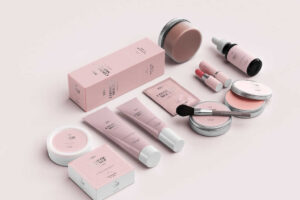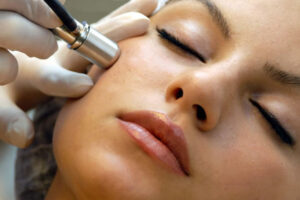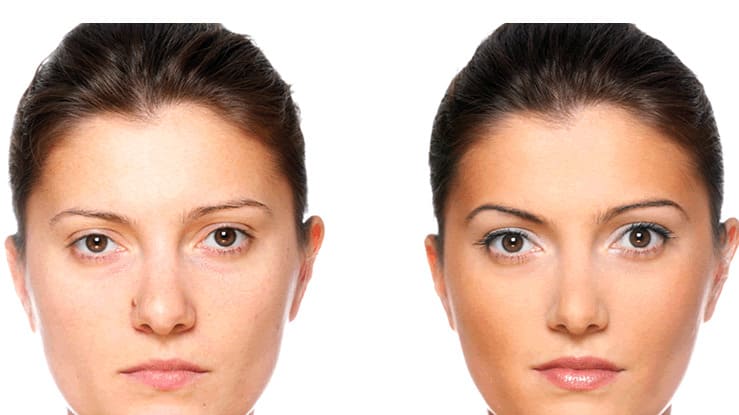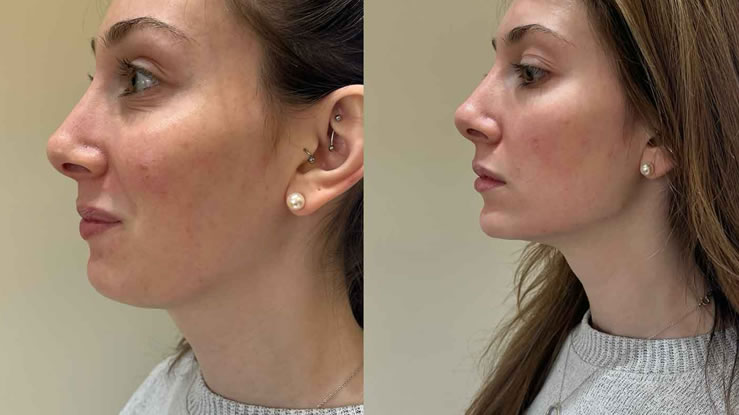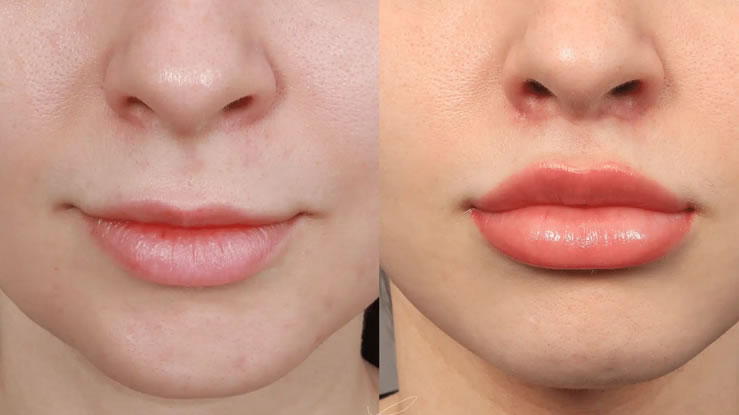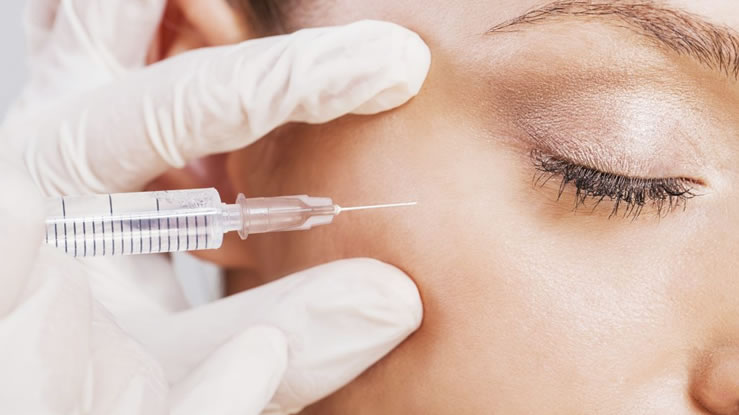Hair loss is a concern that affects both men and women at different stages of life. As science and aesthetics progress, new treatments are becoming available, one of them being Regenera Activa. This technique uses regenerative cells from your own scalp to stimulate natural hair growth. Many patients are drawn to it because it is minimally invasive and does not involve surgery.
Like all medical or cosmetic procedures, Regenera has its benefits and risks. While it is often praised for being safe, there are still possible side effects. Understanding these side effects helps patients make better and more informed decisions before undergoing the treatment.
This article explores the side effects of the Regenera procedure, both common and rare, and gives an overview of what patients can expect during recovery.
How Regenera Works
Before exploring side effects, it is important to understand how the procedure works. Regenera is based on regenerative medicine. A doctor collects a small sample of scalp tissue, usually from the back of the head where hair is thicker.
This tissue is placed in a device called Regenera Activa, which separates regenerative cells and growth factors. These cells are then injected back into areas of thinning hair. The purpose is to reactivate hair follicles, improve blood supply, and encourage new hair growth.
Because the treatment uses your own tissue, the risk of rejection or serious allergic reactions is very low. This is one reason Regenera is often described as safe compared to other hair loss solutions.
You Might like>>>Is regenera good for hair?
Common Side Effects
Even though Regenera is less invasive than surgery, it still involves small injections and tissue extraction. The following are the most common side effects patients may notice.
Redness and Swelling
After the injections, redness or swelling may appear on the scalp. This happens because the skin has been punctured, and the body is responding naturally. Redness usually fades within a few hours or a couple of days.
Mild Pain or Tenderness
Some patients report mild discomfort at the injection sites. The feeling is similar to soreness after a small cut or a bruise. Pain is usually short-lived and can be managed with mild pain relievers if needed.
Small Scabs
Tiny scabs can form at the sites where tissue was collected or where injections were made. These usually fall off on their own within a week. Patients are often advised not to scratch the area to avoid irritation.
Itching
As the scalp heals, some itching may occur. This is a normal part of recovery and should subside quickly. Gentle scalp care and avoiding harsh shampoos help reduce irritation.
Less Common Side Effects
While most patients only experience mild effects, there are less common side effects to be aware of.
Bruising
Small bruises can appear where injections were made. This is more likely if the patient has sensitive skin or blood that clots slowly. The bruises fade within a few days.
Temporary Hair Shedding
In some cases, hair in the treated area may fall out before regrowth begins. This is called shock loss and is common with many hair restoration treatments. It is temporary, and new hair usually grows back stronger within a few months.
Inflammation
Though rare, the scalp can become inflamed if it reacts strongly to the injections. This usually improves with rest, proper cleaning, and mild anti-inflammatory care.
Rare Side Effects
Regenera is considered safe, but like all medical procedures, there is always a small chance of complications.
Infection
Since the procedure involves puncturing the skin, there is a small risk of infection. This is why sterile techniques and professional medical supervision are critical. If infection happens, it may cause redness, pus, or pain, and needs medical treatment.
Allergic Reaction to Anesthetic
A local anesthetic is used during the procedure to reduce discomfort. In very rare cases, patients may react to the anesthetic. This can cause swelling, rashes, or breathing problems. Clinics usually ask about allergies before starting treatment to lower this risk.
Scarring
Most patients heal without any marks, but in rare situations, small scars can develop at tissue extraction sites. This risk is higher in people who have a tendency to develop keloids.
Long-Term Safety Concerns
Patients often ask about long-term risks of Regenera. Since the procedure uses the patient’s own cells, there are no risks of foreign body reactions. Clinical studies suggest the treatment is safe in the long term.
The main concern is whether the treatment will produce lasting results. In some patients, hair growth may improve for years, while in others, results may fade sooner. If hair thinning continues, repeat sessions may be needed.
Factors That Influence Side Effects
Not every patient experiences the same effects. Several factors influence how the body reacts to Regenera treatment.
-
Skin sensitivity: People with sensitive or delicate skin may experience more redness or itching.
-
Healing ability: Patients who heal slowly may notice scabs or bruises that last longer.
-
Health conditions: Certain medical conditions, such as diabetes, can increase the risk of infection.
-
Clinic experience: The skill and experience of the doctor performing the procedure make a big difference in minimizing risks.
How to Reduce Side Effects
Patients can take steps to reduce side effects and promote faster healing.
-
Follow post-treatment care instructions carefully.
-
Avoid scratching or rubbing the scalp.
-
Use mild shampoos and avoid harsh chemicals for a few days.
-
Stay away from heavy exercise, swimming, or sun exposure right after treatment.
-
Inform your doctor if you experience pain, pus, or prolonged redness.
By following these steps, most patients recover quickly without major complications.
Comparing Side Effects with Other Treatments
When comparing Regenera to other hair restoration methods, the side effects are generally less severe.
-
Hair transplant surgery involves larger wounds and has higher risks of scarring and infection.
-
PRP therapy (platelet-rich plasma) is similar to Regenera and also uses injections, but some patients report more bruising.
-
Medications such as minoxidil or finasteride can cause systemic side effects like hormonal changes or unwanted hair growth, while Regenera does not.
This makes Regenera attractive to patients who prefer a natural, minimally invasive approach.
Who Should Avoid Regenera?
Not everyone is an ideal candidate for Regenera. Patients with certain conditions may face higher risks or reduced benefits.
-
People with active scalp infections
-
Those with bleeding disorders
-
Pregnant or breastfeeding women
-
People with autoimmune diseases that affect healing
Doctors usually carry out a consultation before treatment to make sure the patient is suitable.
Patient Experiences
Most patient reviews mention that the side effects of Regenera are mild and temporary. People often describe the procedure as easier than expected, with only minor redness or tenderness. Positive feedback highlights that the recovery time is short compared to surgical hair restoration.
Some patients do mention initial hair shedding, which can be worrying, but many report visible improvement in density after three to six months.
Regenera is widely considered a safe and effective method for treating hair loss. The side effects are usually mild, temporary, and manageable. Common reactions include redness, swelling, and mild pain, while serious complications like infection are very rare when the procedure is done by qualified professionals.
Anyone considering Regenera should consult a medical expert, share their medical history, and discuss possible risks before treatment. By being informed, patients can balance the potential benefits with the small chance of side effects and decide if Regenera is right for them.










